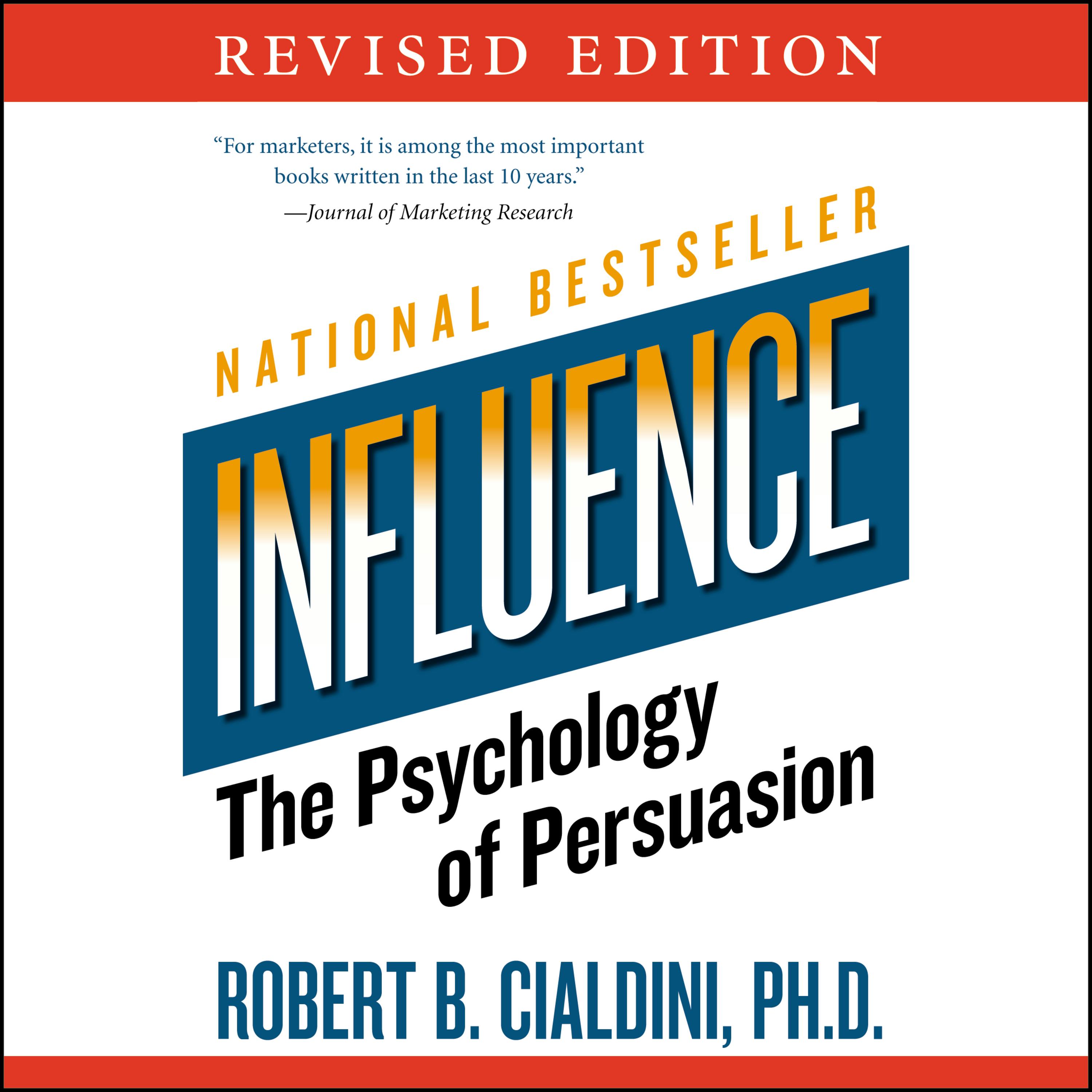The Uses (and Abuses) of Influence

Reprint: R1307F The ability to persuade others to contribute to your efforts is a key skill for managers, for team members—for anyone who wants to elevate the probability of success. Research by leading social scientist Robert Cialdini has found that persuasion works by appealing to certain deeply rooted human responses: liking, reciprocity, social proof, commitment and consistency, authority, and scarcity. In this edited interview with HBR’s executive editor, Cialdini expands on the six principles of persuasion and how leaders can make effective, authentic use of them in everyday business situations. He also previews findings from new research on the ethics of influence and how dishonesty affects individuals and the organization.

Substance Abuse, Definition, Causes & Diagnosis - Video & Lesson Transcript

The uses (and abuses) of influence: part one - SmartCompany

Drug addiction vs. drug abuse - The Diamond Rehab Thailand

Collagen craze drives deforestation and rights abuses — The Bureau of Investigative Journalism (en-GB)

The Uses (and Abuses) of Influence
:max_bytes(150000):strip_icc()/GettyImages-171096016-5a007df5482c52001a10d329.jpg)
8 Persuasion Techniques That Really Work

Speak-Up and Call-Out Culture - Ethical Systems

US sanctions dozens of people worldwide over human rights abuses

File:The uses and abuses of air - showing its influence in sustaining life and producing disease - with remarks on the ventilation of houses (1848) (14764073895).jpg - Wikimedia Commons









